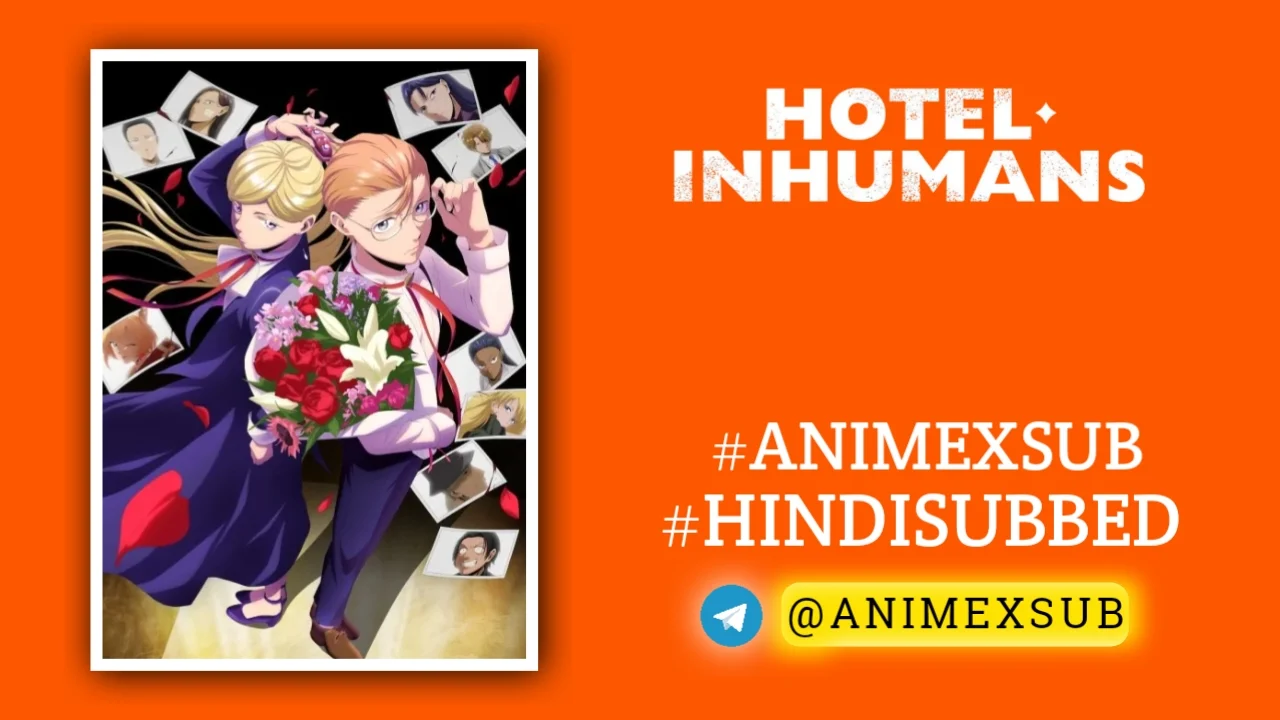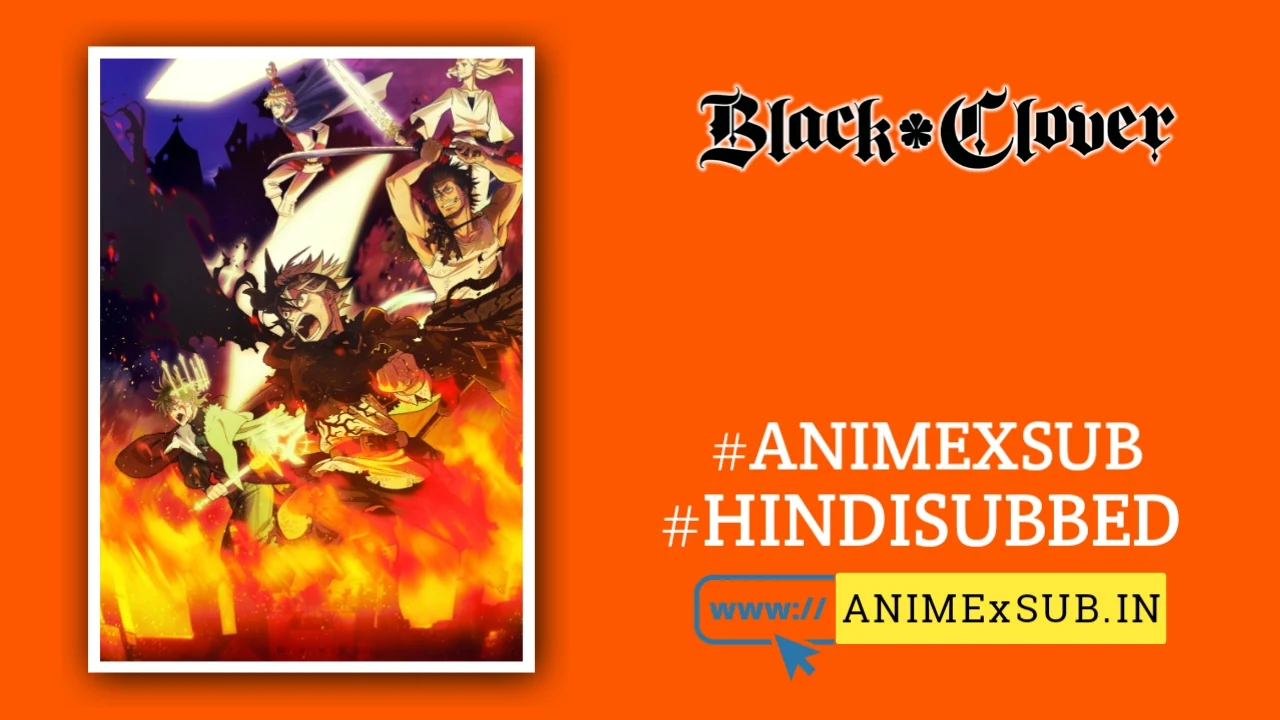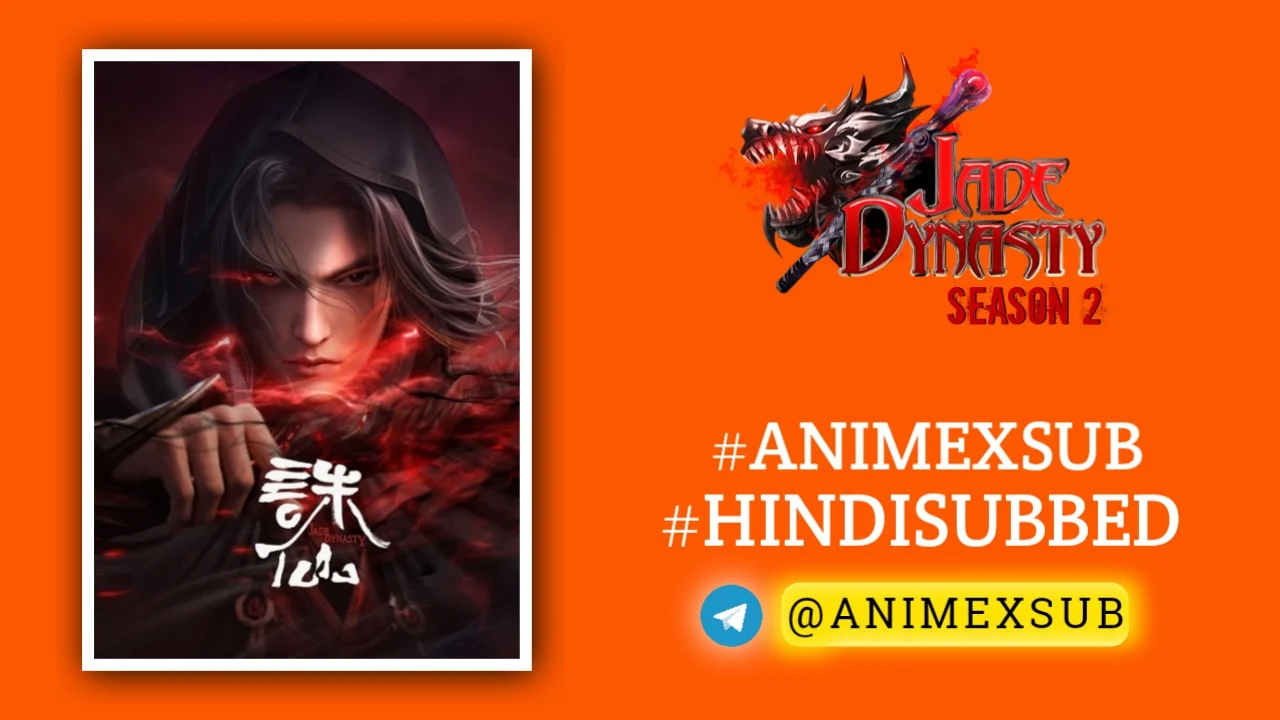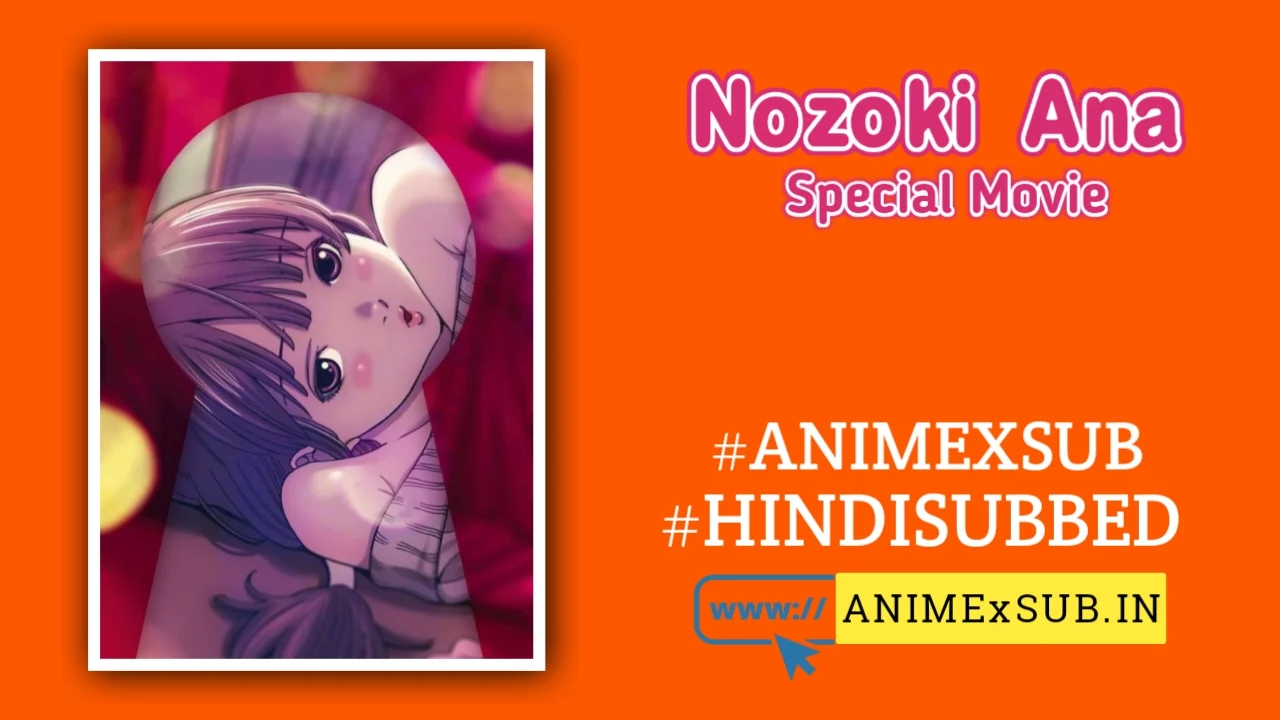
Hotel Inhumans Hindi Subbed [11/13] | Hotel Inhumans Hindi Sub

Hotel Inhumans
Hotel InhumansSynopsis
The best hotels must meet certain standards, including the finest cuisine, ways to relax, and entertainment. Of course, they also need the best selection of weapons, reliable ways to falsify one’s identity, and ways to dispose of evidence. In this hotel at the border of death stand two concierges, Ikuro Hoshi and Sara Haizaki. What kinds of requests will the assassins have for them next? (Source: Crunchyroll)
Watch Trailer
Characters
Episodes
How To Download Tutorial
Hotel Inhumans Season 1: A Shadowy Sanctuary for Killers
In the crowded landscape of summer 2025 anime, where high-fantasy epics and slice-of-life romps dominate the airwaves, Hotel Inhumans emerges as a sleek, understated thriller that redefines the assassin genre. Adapted from Ao Tajima’s manga serialized since 2021 on Shogakukan’s Sunday Webry, this 12-episode series—premiering July 6 on Crunchyroll—transports viewers to a clandestine world where luxury meets lethality. At its core is Hotel Inhumans, a five-star haven hidden from maps, catering exclusively to professional hitmen, spies, and contract killers. What sets this apart isn’t just the premise of a hotel for assassins, but the meticulous exploration of their psyches, blending procedural drama with poignant human vignettes in a way that feels refreshingly original.
The Premise: Elegance in the Art of Death
Hotel Inhumans unfolds in a sprawling, off-the-grid mansion that masquerades as an ordinary retreat but operates under a strict code: discretion, efficiency, and indulgence for those who live on the edge of morality. The hotel’s tagline—”Our esteemed guests are assassins”—isn’t hyperbole. Services extend beyond gourmet kaiseki dinners and onsen soaks to include an armory stocked with cutting-edge weaponry, forgery experts for airtight alibis, and a “cleanup crew” that ensures no traces linger. Episodes function as anthology-style tales, each centering on a guest’s arrival and the challenges they bring, resolved through the ingenuity of the staff.
This structure echoes classics like The Twilight Zone but infuses it with anime’s fluid animation and emotional depth. Unlike the bombastic action of John Wick—which fans have dubbed this its “anime counterpart”—the series prioritizes cerebral tension over gunfights. Fights, when they occur, are quick, tactical bursts, often confined to the hotel’s labyrinthine corridors or surrounding forests, emphasizing strategy over spectacle. The manga’s 11 volumes provide a rich well of source material, allowing the adaptation to delve into lore like the hotel’s enigmatic ownership and the shadowy “Brain Storming” syndicate that occasionally encroaches on its neutrality.
Key Characters: The Faces Behind the Facade
The narrative anchors around the hotel’s two concierges, Ikuro Hoshi and Sara Haizaki, whose dynamic drives the season’s emotional core. Voiced by Kazuyuki Okitsu and Mai Nakahara respectively, they form a yin-yang duo: Ikuro, the stoic tactician with a haunted past tied to a missing sister, handles logistics and surveillance with cold precision. Sara, vibrant and empathetic, excels in guest relations, using her intuition to anticipate needs—whether it’s sourcing a rare poison or mediating a turf dispute. Their partnership isn’t just professional; subtle flashbacks reveal shared traumas that humanize them, turning the hotel into a reluctant family for society’s outcasts.
Supporting cast shines in episodic roles. Early episodes introduce Siao, a top assassin raising his young niece in secrecy, whose arc explores the blurred lines between killer and guardian. Ringo, a terminally ill hitwoman seeking a final taste of her master’s miso soup (clued by her codename “apple”), delivers a heartbreaking meditation on legacy. Even minor figures like the surveillance tech or the old regular from 20 years prior add layers, hinting at the hotel’s decades-long history. Animation by Studio Pierrot (known for Bleach) brings these characters to life with expressive designs—Sara’s flowing hair and sharp eyes contrasting Ikuro’s rigid posture—while the voice acting elevates quiet moments into profound revelations.
Episode Highlights: Twists That Linger
Season 1’s strength lies in its self-contained yet interconnected stories, each unpacking the toll of the assassin life. Episode 1, “The Wounded Guest,” hooks with a reporter tailing a gunman to the unlisted hotel, only to uncover its assassin-exclusive nature. It masterfully balances humor—guests quipping over wine about “ethical hits”—with dread, as Sara and Ikuro defuse a potential breach. By Episode 3, “Ringo’s Last Supper,” the series pivots to introspection, using the soup quest as a metaphor for lost innocence, complete with hallucinatory sequences blending memory and reality.
Mid-season ramps up with “The Regular’s Return” (Episode 7), where a grizzled veteran tests the hotel’s limits, forcing Ikuro to confront his own unresolved vendetta. The finale ties loose threads, revealing the hotel’s origins during a syndicate siege, but leaves tantalizing hooks—like Sara’s hidden abilities—for future seasons. Pacing is impeccable: 23-minute episodes avoid filler, with cliffhangers that propel the overarching mystery of the hotel’s founder. Visually, the show’s muted palette of grays and deep reds evokes a noir film, punctuated by bursts of neon during action, courtesy of director’s keen eye for shadow play.
Thematic Depth: Beyond the Bloodshed
What elevates Hotel Inhumans to next-level status is its unflinching dissection of isolation. Assassins here aren’t glorified anti-heroes; they’re broken individuals grappling with morality’s gray areas. The hotel symbolizes a fragile sanctuary—neutral ground in a world of endless contracts—mirroring real-world themes of sanctuary for the marginalized. Episodes touch on consent in kills, the ethics of collateral damage, and redemption’s elusiveness, without preaching. Female characters like Sara and Ringo subvert tropes, portrayed as equals in skill and agency, challenging the genre’s male-dominated history.
Production-wise, the adaptation stays faithful to Tajima’s gritty art style, enhancing it with dynamic camera work that makes the hotel feel alive and oppressive. Sound design is a standout: subtle ambient tracks build unease, while orchestral swells underscore emotional beats. At a time when anime often leans into isekai escapism, this series grounds its fantasy in psychological realism, making it a thinker’s thriller.
Why It Stands Out: A Genre Reinvention
Hotel Inhumans Season 1 isn’t just another assassin tale; it’s a sophisticated mosaic that weaves luxury, lore, and loss into something profoundly human. With its tight scripting, memorable ensemble, and innovative anthology format, it carves a niche as 2025’s most underrated gem. For fans of Psycho-Pass or Ghost in the Shell, this is essential viewing—proof that anime can still surprise with depth amid the spectacle. As the credits roll on that tense finale, one thing’s clear: this hotel’s check-in is worth the risk.1



























